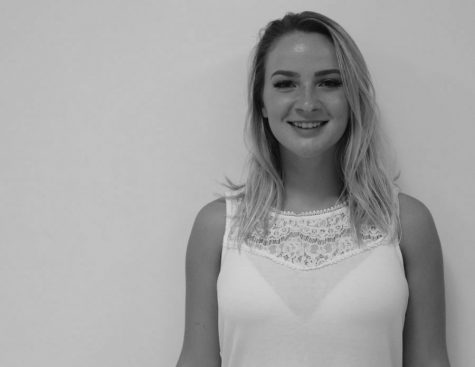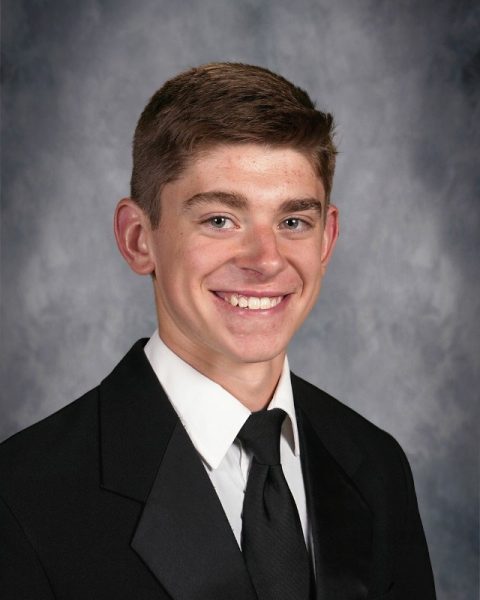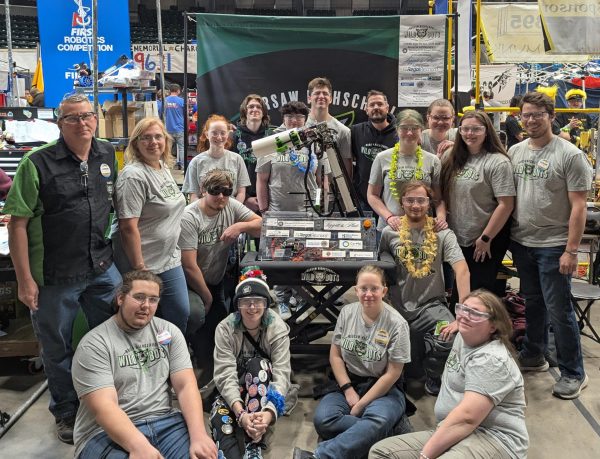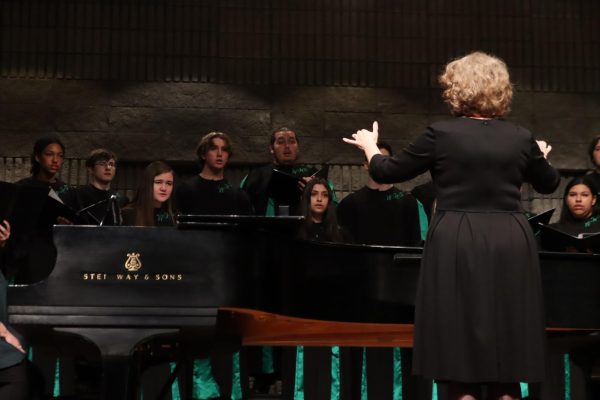Students give advice on scheduling
With the end of the school year right around the corner, next year’s schedules are already being set into place. Counselor Laura Cooke has come into classes and helped students set up their own preferences for next year’s schedule. Choosing the right core classes and electives is a challenge.
The process of scheduling begins with students submitting their requests via computer, then Principal Randy Luebbert “flips the switch” in the SISK12 system and the school staff who works on scheduling receives the total numbers for each class. Principal Luebbert then submits the numbers to teachers and they decide how many sections to offer. Based on student preferences and teacher availability, a master schedule is made.
“Deciding which classes to take was the hardest for me. I wasn’t sure which combination of classes would be best for my high school career.” sophomore Zoe Eledge said.
“The hardest thing for me to choose from was my electives. It was easy to choose my core classes, but I had to fill up spots with electives and I couldn’t decide,” freshman Trinity Collins said, “My mom helped me with my schedule.”
Collins isn’t the only one who suggests students get parental help when deciding their schedule. Cooke is an advocate for students getting help from parents, teachers, and guardians alike.
“Parents should always be involved in their child’s education. Most of the time, students will not take the harder classes without a parent’s input. In some elective classes there is significant fees with uniforms, or dress attire for concerts, etc. Parents should be aware of what their child is committing themselves for,” says Cooke.
“It’s a good idea to ask parents for help because they’ve already experienced high school.” Eledge said.
When making a schedule, Cooke also said it’s best to take classes that coincide with the student’s future career choice.
“For instance, health care should be taking human anatomy, Algebra II and College Algebra, English composition, chemistry, computer applications, and medical terminology if possible. By checking their program at the post-secondary level, and matching their knowledge base in high school, it will make for an easier transition to their college career program,” Cooke said.
“I want to be an astrophysicist, so I’ve got a lot of math and science to look forward to,” Collins said. “If you take the classes sooner in high school, then you’ll get to take more advanced classes in college. You’ll be ahead of the game.”
“Your schedule should be based on what you want to be in the future. Say if you want to be an artist, you aren’t going to put all your focus into Spanish. That’d be stupid.” sophomore Molly Baumhoff said.
“I’m going into the military so there really aren’t any classes in school meant for that,” junior Aaron Reno said, “I’m looking forward to weights next year. I like taking that class in the morning because it wakes me up and gets me going for the day.”
Reno isn’t the only one who prefers to take certain classes in the morning. Collins shares her preference for harder classes being taken earlier in the day.
“I’d rather take harder classes in the morning because by the end of the day I’m restless and ready to go home. Plus, the day seems to go by faster when the harder classes are in the morning,” Collins said.
Students start their schedule with what they need to graduate, then get to choose elective classes to take based on their interests and strengths.
“My electives were the hardest to choose. It as easy to choose my core classes, but I had to fill up spots with electives and I couldn’t decide,” Collins said. “Now I’m looking forward to taking art and math next year.”
“For me, it was hard getting the classes that I needed because you have to figure out what credits you have left and what required classes you still have to take,” Reno said. “Just make it so you can get what you need, that way you’re not struggling towards the end of the year.”

Ally Estes is a senior with a passion for the liberal arts. She currently attends Warsaw High but plans on attending Graceland University in Iowa,...






